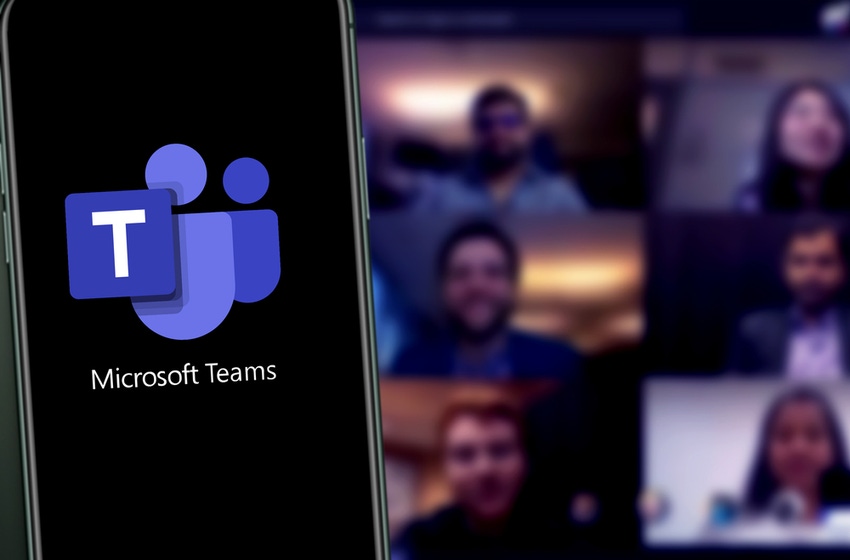The solution boosts Microsoft Teams with advanced telephony, mobile experience, SMS, fax, integrations and faster performance.
May 8, 2023

RingCentral has unveiled its next generation of RingCentral for Microsoft Teams 2.0. The solution brings RingCentral’s cloud PBX capabilities into Microsoft Teams with a fully native experience, and without requiring a second application.
This means that end customers can now experience RingCentral’s reliability, global availability, features and third-party integration capabilities entirely within Teams’ single pane of glass, the company said.

RingCentral’s Mo Katibeh
Mo Katibeh, president and COO of RingCentral, added that many businesses have standardized on Teams for internal collaboration. However, when it comes to advanced communications, customers seek out third-party solutions.
Want to know which companies are offering cutting-edge products and services? Here’s our latest roundup. |
“When customer communications are critical, businesses look to RingCentral, given our reputation for 99.999% reliability and our robust and advanced telephony capabilities,” Katibeh said. “We’re excited to deliver this next generation of RingCentral for Microsoft Teams, and empower customers with faster performance, deeper integration, a new mobile experience, and simpler admin tools.”
RingCentral for Microsoft Teams 2.0 delivers enhanced, purpose-built experience with innovative features that boost productivity, the company said. This includes voicemail transcription, call recording, bidirectional presence sync, unified contact search, and can be coupled with RingCentral Contact Center.
RingCentral for Microsoft Teams Includes Telephony
Telephony remains a critical component of hybrid work communications. In a recent third-party study of 17,000 people, results revealed that phone is now the No. 1 preferred customer communication channel, overtaking email. Most of Microsoft Teams customers have Microsoft 365 E1 or E3 licenses, which do not include telephony and require customers to purchase a calling plan or a Teams Phone license at additional cost. With RingCentral for Microsoft Teams, telephony is included with all licenses.
Furthermore, customers get integrated cloud-based phone service for Microsoft Teams that offers advanced telephony features such as call routing, custom call queues, automatic call recording, over 330 pre-built integrations and analytics. In addition, RingCentral provides a smart sidecar panel for quick access to key contacts and advanced call features, like monitor, whisper, barge-in and queue management, all available on desktop and mobile devices.

Metrigy’s Irwin Lazar
Irwin Lazar, president and principal analyst at research firm Metrigy, said most Microsoft Teams users do not have access to integrated calling capabilities. This means they can’t use Microsoft Teams to place calls outside the organization or to customers.
“As Teams users evaluate alternative telephony approaches, more than 47% are choosing to use a UCaaS provider … to enable calling capabilities for Microsoft Teams. [Options in] RingCentral for Microsoft Teams provide flexible, and highly reliable, deployment options and the ability to integrate enterprise-grade telephony and SMS, fax, analytics, CRM integrations and other capabilities into a Microsoft Teams deployment.”
Want to contact the author directly about this story? Have ideas for a follow-up article? Email Claudia Adrien or connect with her on LinkedIn. |
Read more about:
AgentsAbout the Author(s)
You May Also Like


